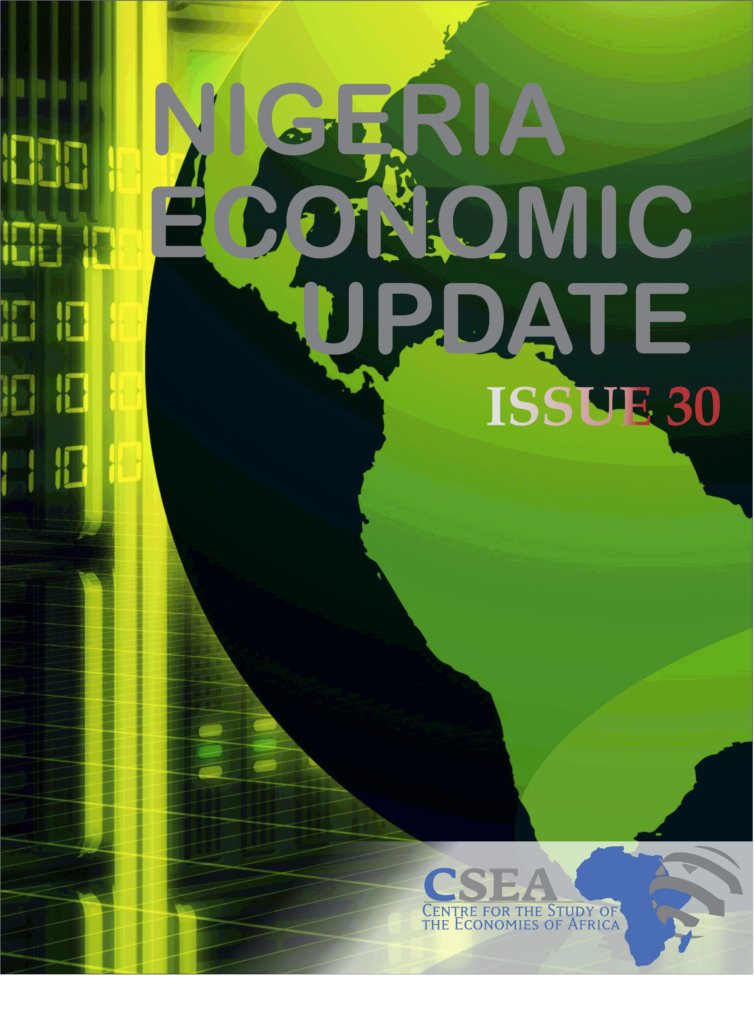For the 12th consecutive period, the Monetary Policy Committee voted to retain all rates at the end of the policy meeting held on July 23-24, 2018 – MPR at 14 percent, CRR at 22.5 percent, Liquidity ratio at 30 percent and asymmetric corridor at +200 and -500 around the MPR1. A review of laudable developments in key macroeconomic indicators and positive economic growth in the first half of 2018 informed the committee’s stance to hold all rates. However, the committee noted constraints to economic growth outlook in the second half of 2018, especially slow and irregular implementation of the 2018 expansionary fiscal budget that would derail its liquidity impact, as well as possible external shocks. Going forward, there is need for a standardized budgetary calendar that should be adhered to mandatorily in order to guide public and private sector investment plan and foster economic stability
Macroeconomic Report & Economic Updates

August 20, 2018
Nigeria Economic Update (Issue 30)
For the 12th consecutive period, the Monetary Policy Committee voted to retain all rates at the end of the policy meeting held on July 23-24, 2018 – MPR at 14 percent, CRR at 22.5 percent, Liquidity ratio at 30 percent and asymmetric corridor at +200 and -500 around the MPR1. A review of laudable developments […]
Read →
Related
Increasing Measles Immunization Coverage In Borno State Nigeria: Some Policy Options
This brief examines two measles immunization programs for
children of age 9-23 months in an effort to boost measles immunization coverage
in Borno State: free immunization against measles with media awareness campaign
and free immunization against measles with house to house campaign.
Regional Integration In Africa: Some Recent Developments And Challenges
African countries have been left out of the recent benefits accruing from international trade. For example, they accounted for only 3.2 percent of world trade in 2013 compared to 5 percent in the mid-1960s. Regional integration can reverse this weak performance as it holds the promise for countries to gain from the resultant economies of scale and enhanced competitiveness. It will also help to expand the markets for foreign direct investment.
